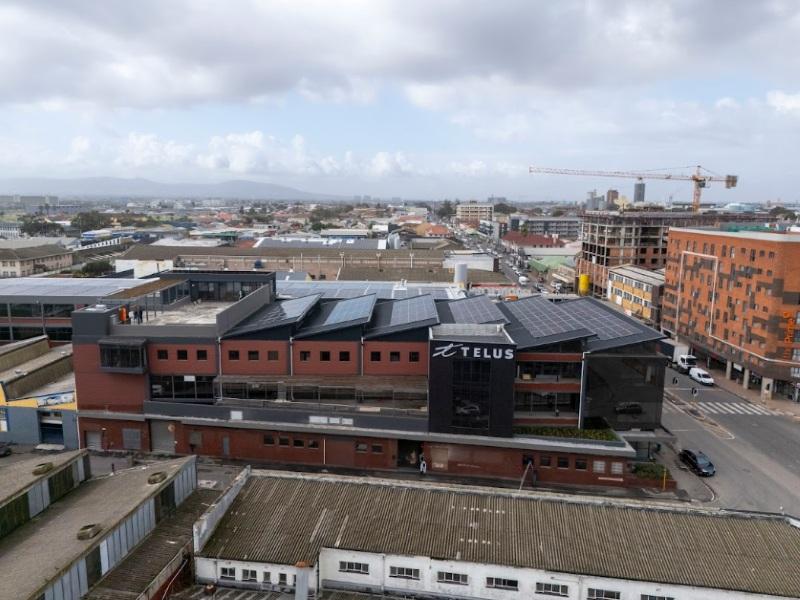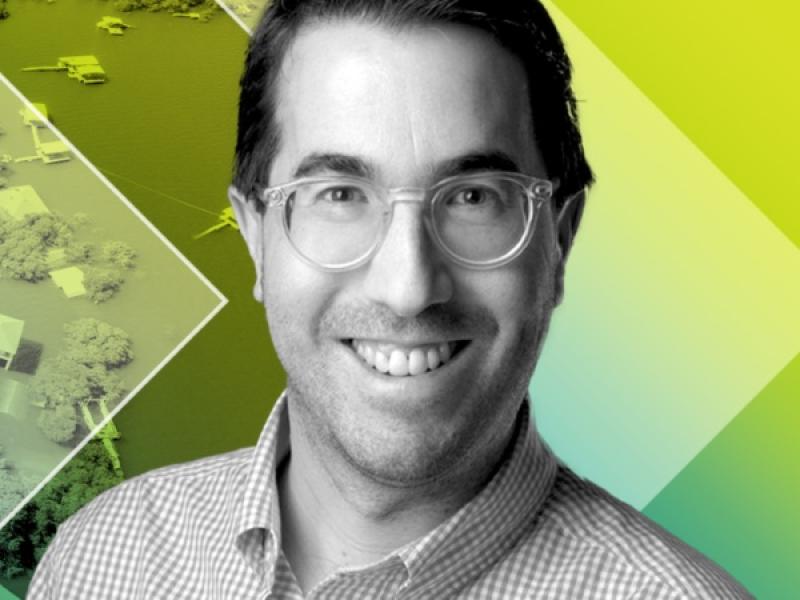
Thanks to Indigenous Knowledge Keepers and youth, Canada’s Forest Trust will build thousands of smart forests in Canada. (Courtesy, Canada’s Forest Trust Corporation)
Commercialization in the forestry industry is impacting the life cycle of Canada’s forests as some reforestation efforts and tree-planting programs driven by governments and corporations have fallen short.
To combat the problem and include neglected Indigenous groups, Canada’s Forest Trust (CFT) is leveraging technologies, analytics and understanding from Indigenous Knowledge Keepers to create thousands of sustainable and biodiverse “smart forests” in Canada.
“Most people look at a forest today, and they see it as a place where you harvest (wood),” Gary Zed, CEO of Canada’s Forest Trust, told SustainableBiz. “Our approach is to look at it a little more scientifically, looking at it being guided by experts, working with Indigenous leaders to (change the narrative).”
“A smart forest is more than just sequestering carbon,” he added. “It’s about healthy and biodiversity ecosystems and creating employment. It’s about connecting indigenous and non-Indigenous youth and creating environmental stewardship.
“It goes as far as (day-to-day) eating, or dealing with things around our youth to get them engaged in forests — not just as a forestry type of concept but to look at the power of the forest and what it offers.”
Using traditional ecological knowledge, Indigenous oversight, Indigenous supply chains and its workforce to ensure the forests are sustainably managed, CFT has provided sustainable opportunities for business leaders, school administrators, youth, and industry experts, including foresters, climatologists and economists over the last two years.
Additionally, its goal is to remove over seven million tonnes of CO2 by 2050.
Forestry challenges creating an olive branch
Forests are seen as a natural solution for many of the world’s climate, biodiversity and social challenges. But with rising demand for harvested wood like timber, lumber and other sustainable wood products, forestry corporations quickly respond.
In addition to commitments at the COP26 climate summit from Prime Minister Justin Trudeau and 100 other nations to end and reverse deforestation by 2030, more than $19 billion in funds from countries and private companies were pooled for sustainable and renewable energy projects.
Canada targeted two billion trees over 10 years. However, the federal government has struggled to meet its target thus far, leaving companies like CFT to fill the void through a multi-encompassing lens.
A partnership with PRT Growing Services Ltd., a B.C.-based company that has planted more than five billion trees, will provide a secure supply of seedlings for restoration, operate a network of nurseries in Canada and the U.S. and employ about 500 people.
What’s more, Brinkman Reforestation, Canada’s largest tree planting company, will supply and manage the professional labour force needed to reforest land chosen through CFT programs that include opportunities for Indigenous youth.
“Indigenous leaders look at things from a seven-generation way of thinking, and I think non-Indigenous foresters have historically looked at it in one generation,” said Zed. “They’re harvesting the forest far before its time, far too commercially. Still, by partnering with Indigenous foresters, you can discover incredible new ways of partnering on their lands and looking at improved methods of harvesting and managing those lands from multiple respects.”
Purchasing CFT’s carbon offsets
Through its customer portal on CFT’s website, interested organizations can sign up to purchase carbon offsets. CFT manages these smart forests for corporate and school initiatives, from site selection to planting to ongoing maintenance. They also work with investors in Canadian communities to build communal and legacy forests.
By calculating a company’s carbon footprint and discovering how many acres are needed to reach a net-zero emissions target, CFT can determine how many acres a corporation must invest in to get a net-negative emissions target.
“Every customer of ours gets to see their forest being rebuilt — we measure it, monitor, and maintain it, ” said Zed. “We measure a lot more than just carbon; we measure the economic benefits of habitat creation. We measure air pollutants, soil, nutrients, our water contribution, etc., and that’s why we’re so different.”
CFT also partnered with Remsoft, a widely used software tool in the forestry sector, to optimize resources and asset management in all its smart forests. Helping to create biodiverse ecosystems, the tech can measure more than just carbon.
“We have a five-phase process to rebuilding our forests — procuring, preparing, planting, preserving and protecting,” said Zed. “We create a turnkey solution for our customers, leverage a lot of tech and data, Indigenous land knowledge, and provide our guarantees.”
Creating jobs for Canada’s Indigenous youth
Zed said the comprehensive approach aims to make forestry a sexy issue for investors and youth, whom he fears won’t have the learning and skill development they need to participate in future carbon and clean-tech projects.
“There’s a generational challenge before us: the next generation doesn’t see the future; they don’t see the opportunities,” in sustainably managed forests, Zed said. “It worries me that we do not have enough people interested in it from an industry perspective.
“When I talk to Indigenous leaders, they’re also very worried about it, so they get very excited about participating (in) carbon capture, carbon market carbon credits, or the mass-timber developments or sustainable forest management. Most importantly, it’s about the learnings and the teachings of their youth, and getting their youth involved and engaged in this entire process.”
To that end, CFT recently announced a collaboration with the Ferguson Forest Centre Corporation (FFCC), which provides oversight of the Ferguson Tree Nursery near Kemptville, Ont. It will allow the CFT to connect youth to post-secondary forestry studies and diverse job opportunities in the forestry profession.
“This knowledge is key to ensuring that our forests are planted and protected properly,” said JP Gladu, chair of the CFT Board of Directors and former CEO, Canadian Council for Aboriginal Business, in a statement. “CFT’s commitment to building relationships with Indigenous communities will help to strengthen the Indigenous economy and at the same time, combat climate change with the most natural solution to global warming: forests.”










